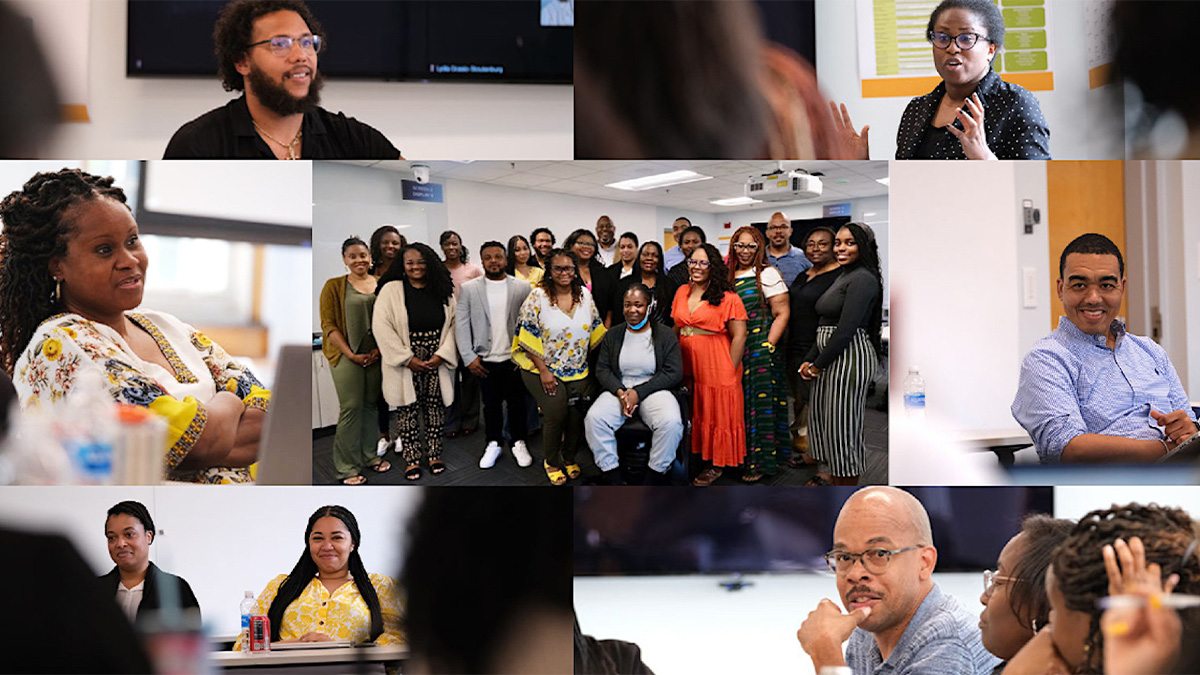Education school hosts Black autism researchers
Led by FPG interim director Brian Boyd, the Black Empowerment in Autism Network is making autism research more inclusive.

Developed to examine how autism impacts Black children and their families, the Black Empowerment in Autism Network met at Carolina this summer to connect and share knowledge.
“We want to represent the broad range of research that we see in autism and mentor the next generation of researchers,” said Brian Boyd, the William C. Friday Distinguished Professor of Education in the UNC School of Education and interim director of the UNC Frank Porter Graham Child Development Institute. (Read more about him and his research in Rooted: Brian Boyd.)
Importance of the network
Black researchers are scarce overall — they make up about 7% of full-time faculty members at postsecondary institutions, according to the National Center for Education Statistics — so they are also under-represented in autism research. The network’s goals are to increase support and representation among researchers and to collect more data that appropriately represents Black autistic populations.
Jamie Pearson (’09 B.A.), Ph.D., has been an integral member in the network’s development and planning. For Pearson, the group is a platform for networking and collaboration on projects related to autism in the Black community and a safe space for Black researchers to engage in conversations that reinforce a sense of belonging.
“I am so grateful for this space to share research, perspectives and ideas related to supporting Black autistic children, youth and families,” said Pearson, an associate professor of special education and educational equity at NC State University. “This is one of the few places where I can be my most authentic self as a Black academic.”
Bridging the gap
The network’s first in-person meeting convened researchers, educators, medical professionals, psychologists, speech pathologists and social workers from more than a dozen institutions across the nation in June. Attendees came from North Carolina and from as far away as California, Nebraska and Wisconsin (and Australia, via Zoom) to discuss how to bridge the gaps in autism research and improve communication between practitioners and clients.
“The State of Autism Research for Black Folks” gave an overview of these topics:
- Prevalence of autism in Black populations.
- Shortcomings of related data.
- Diagnosis and its timing for Black children.
- Service access and outcomes.
- Diversity of autism researchers and research participants.
Next, the network will focus on community outreach and connection to groups already doing work to support and uplift Black autistic individuals and their families. They plan to disseminate their research ideas to the broader autism community through manuscripts and other written products.




